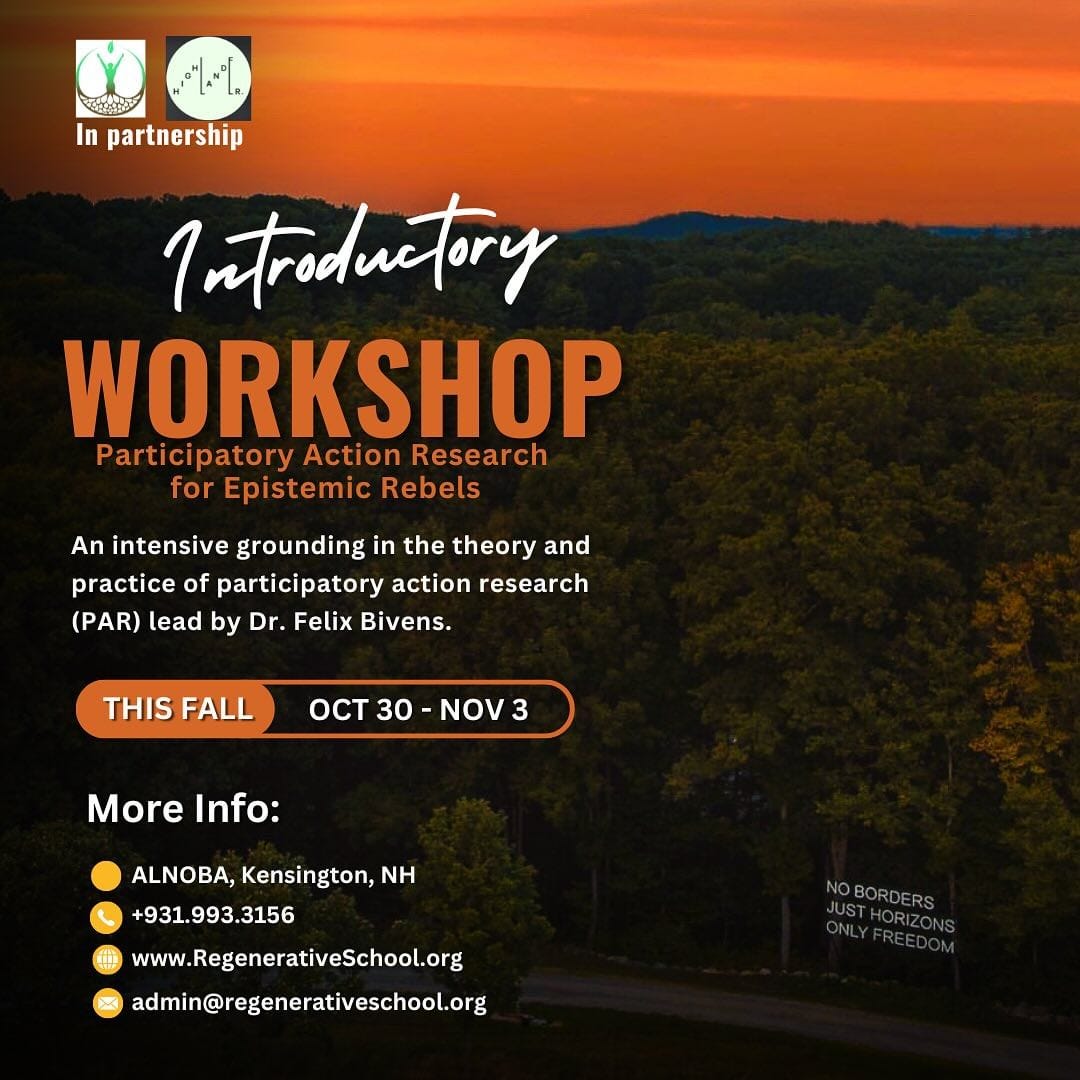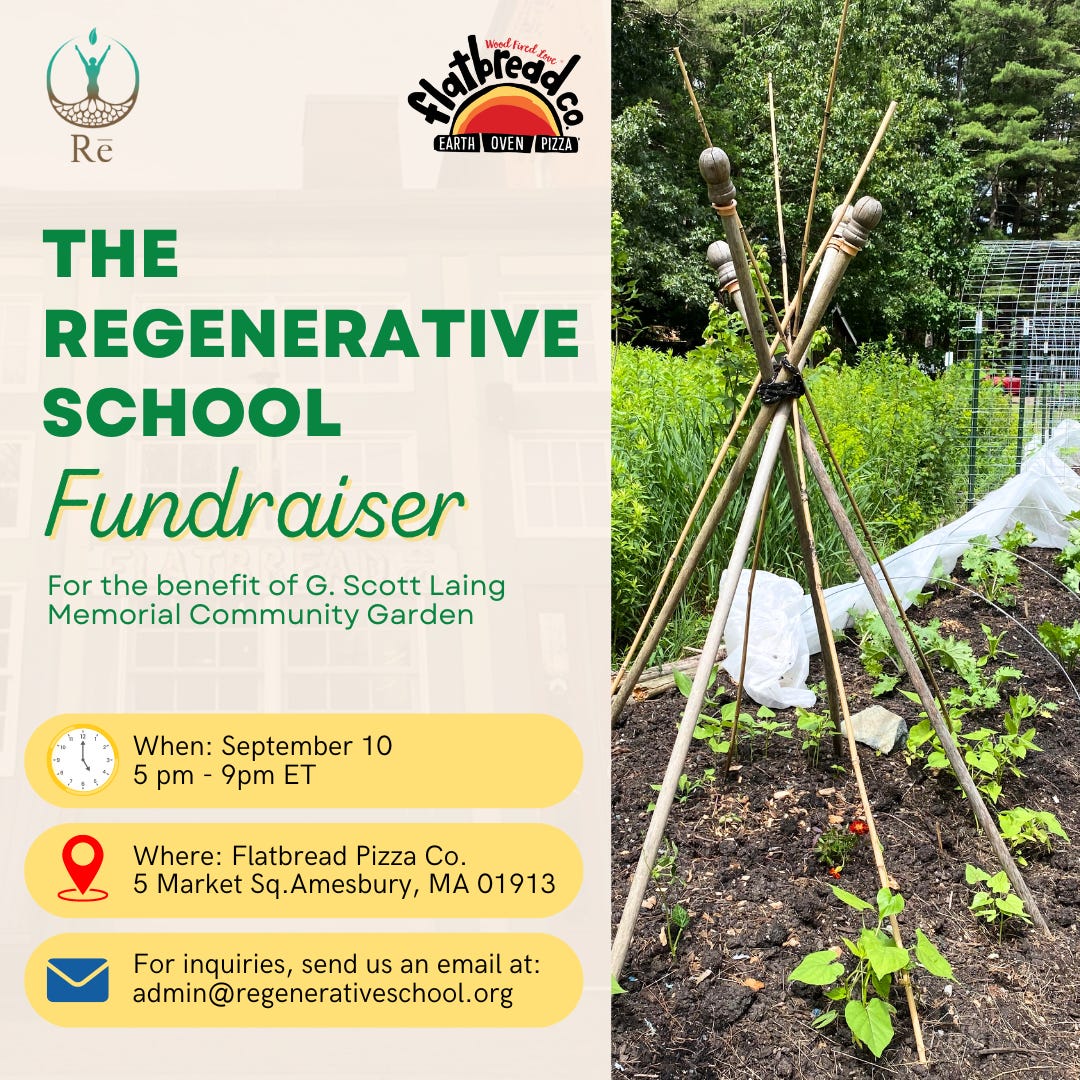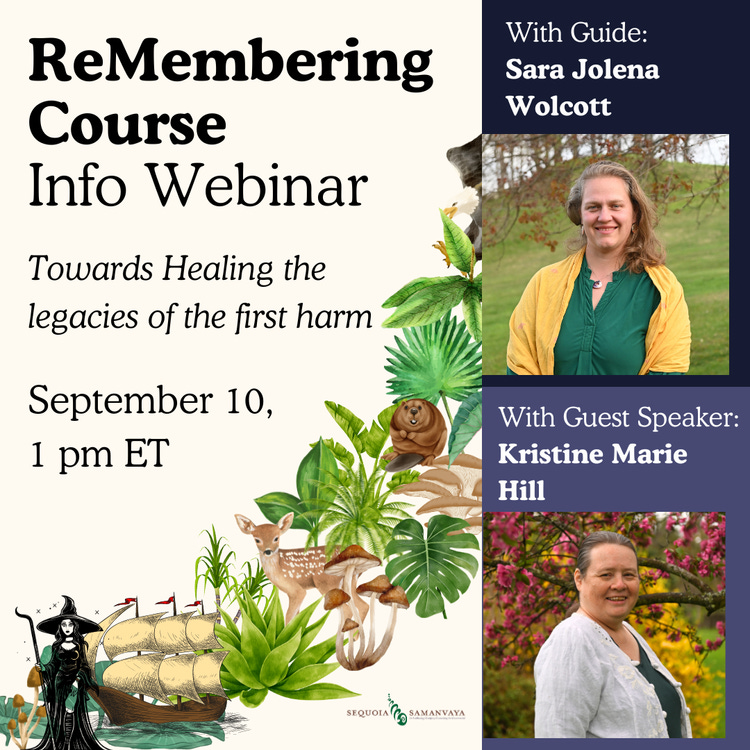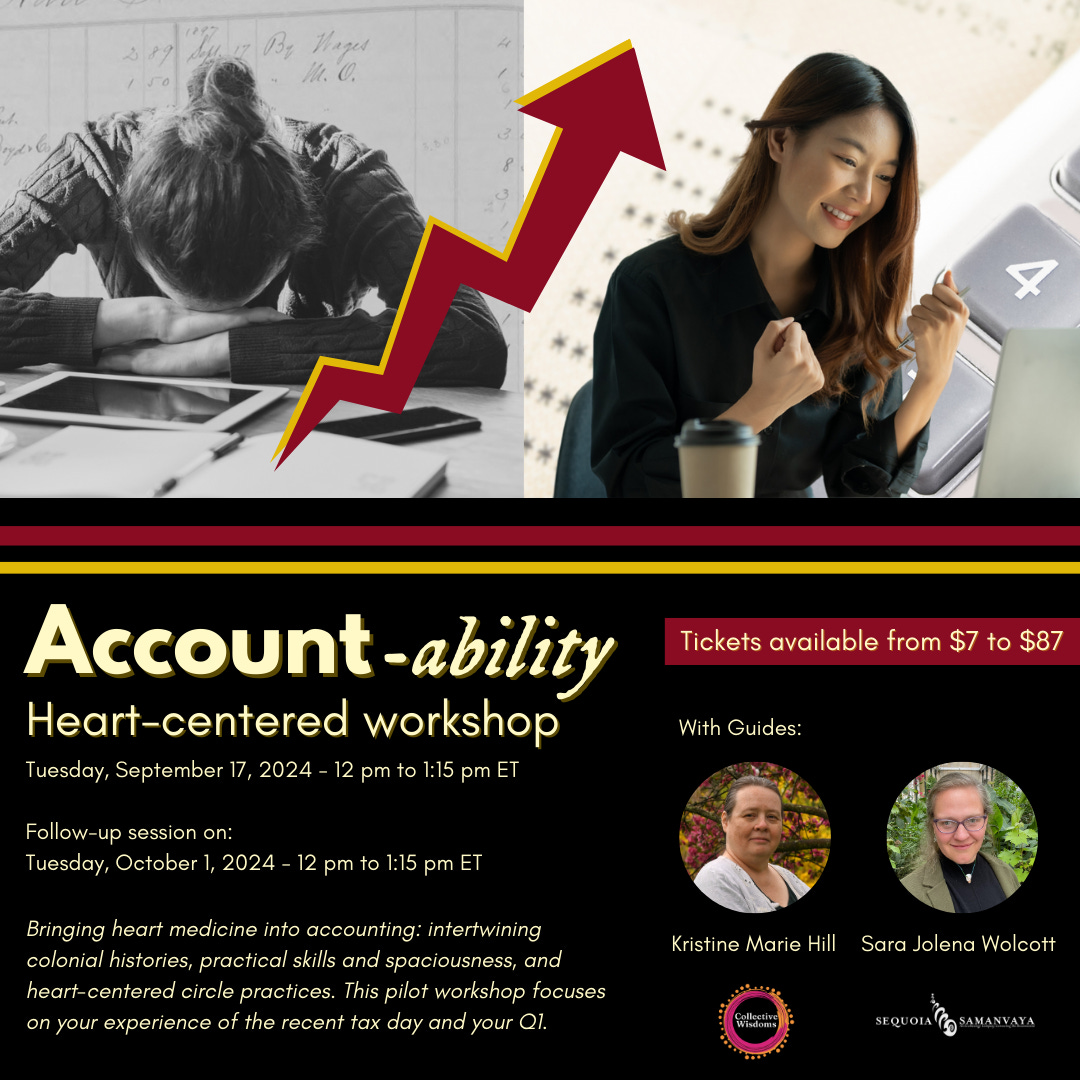Empowering Education and Communities Through Participatory Action Research
Welcome Fall Season!/PAR/Audio resources/Upcoming Events
For Americans: Happy Labor Day Weekend!
And for all of you giving and receiving education for yourself or your family - happy Back To School Season!
For all of you educators and resources - welcome to your new year! We hope it is off to a good start!
Interesting, isn't it, how those two coincide in American culture?! :-)
We've got a few different things in this newsletter.
1) A request to share our upcoming PAR workshop and our upcoming Fall Garden Fundraiser
2) Some more information about PAR
3) Some audio resources - good for long car rides, beach trips, house-cleaning exercises, or gardening: wherever this weekend might take you!
First - PAR
For those of you in or close to academia, or who are involved in research, we have a request: can you share this upcoming workshop about Participatory Action Research (PAR) with colleagues that you think might be interested in it?
Dr. Felix Bivens has been practicing and teaching these processes for years, and he's a wonderful person to learn more about action research from.
I'm not saying that just because Felix is a co-founder of Rē. Or because I personally have known him for about 15 years, and have learned a lot from him during that time. I'm saying this because participatory action research (PAR) is a really, really important skill set and research approach that can make a critical approach to a wide variety of research initiatives.
PAR is a powerful tool for social science researchers and others who are working to shift communities. Indeed, if you want to use research in communities, this is one of the most powerful methodologies there is!
Below is some more information about PAR.
Definition: Action research is a participatory and democratic process that aims to bring about social change and improve practices. The main goal is to create practical solutions while also generating new knowledge.
Origins: PAR is seen as the integration of two modes of thought, one from the North and the other from the South. In the ‘northern tradition’, organizational psychologist Kurt Lewin in the 1940s (working in both the USA and the UK) proposed a cycle of continuous inquiry, action, and evaluation, undertaken with or by—as opposed to on or for—society’s marginalized peoples. In his own words, action research ‘needs the best of what the best among us can give and the help of everybody.' Later, Argyris and others expanded these early concepts and applied them to promote organizational efficiency.
The ‘Southern tradition’ involves the emancipatory theory and practice that questioned the values of research and education in relation to political power and oppression. In 1970, Paulo Freire from Brazil in Pedagogy of the Oppressed suggested that if we recognized that individuals were not empty vessels or objects of inquiry, then we could recognize them as full participants in the process of inquiry. Thus, they are able to determine their own needs in order to improve their own lives.
Why "Participation": The process involves a level of collaboration between researchers and participants that is highly unusual and flies in the face of the more 'researcher as objective' figure that dominates scientific notions of what is "proper research". It both ensures that those affected by the research have a say in the process (a significant issue in so much of social science research) and invites the researcher to consider how their participation in the research process has influenced them, as a researcher. People participate: they are not objects.
Values: Research processes always have some kind of values within them. Embedded in PAR are values such as social justice, equality, and empowerment.
Impact: Action research aims to make a positive impact on communities and organizations by addressing their specific needs. It has been used across a wide variety of concerns, including community development, public health, community safety, environmental change, and organizational development.
The Regenerative School Fundraiser
We've been sharing about the garden in Amesbury all summer. It's been a wonderful season.
We are now doing a fundraiser/community dinner to raise some funds for a Fall gathering.
Why is it so valuable to plant for a Fall harvest?
Well, we honestly don't have to.
But we aren't only doing this because we believe in community gardening for the sake of gardening and growing food (which we do) for our own community.
We are also doing this to grow food that we can donate - fresh, locally grown, super healthy, super nutritious food! - to in-need families in the region. We want to keep being able to offer these families fresh, grown-ourselves food, and that is possible with your support!
So if you are in the area, please do come - it’s going to be a great gathering at the Flatbread Pizza Co. And tell those who want to be involved in local regenerative - both ecological and community social justice, on the ground, making a difference in people's lives and in our overarching capacity to connect to the earth!
Thank you again for your ongoing support.
The Regenerative School Garden Fundraiser
For the benefit of G. Scott Laing Memorial Community Garden
When: September 10, 5 pm - 9 pm ET
Where: Flatbread Pizza Co. - 5 Market Sq.Amesbury, MA 01913
Please register below to let us know you’re coming 👇
Other Upcoming events
ReMembering Course Info Webinar
The ReMembering Course is a powerful set of rare teachings into the art of ReMembering - focusing on how can interpret and re-member the origins of contemporary collective suffering (climate change, racism, the histories of institutions that continue to inflame harm).
Info Webinar: September 10, 1 pm ET
Account-ability Heart-centered Workshop
Bringing heart medicine into accounting: intertwining colonial histories, practical skills and spaciousness, and heart-centered circle practices.
Power Session: Tuesday, September 17, 2024, from 12 pm to 1:15 pm ET
Follow-up Session: Tuesday, October 1, 2024, from 12 pm to 1:15 pm ET
Cool audios to listen to:
Historical Context for Embodied Ethics in the Age of AI - The ReMembering and ReEnchanting Podcast
Sacred Sites, Taino Heritage, and Climate Resilience: A Conversation with Ramona Ferreyra - The ReMembering and ReEnchanting Podcast
Inanimate Objects Aren't Inanimate (Or Objects) - The Emerald
S10 E1 Leah Rampy - Learning resilience from the trees: beginning & ending in silence - Futuresteading
Visiting Aldo Leopold’s Shack On the 75th anniversary of A Sand County Almanac, with Dr Katie Ross - The RegenNarration Podcast
Season 2, Episode 6 with Wendy Frisby and Colleen Reid - FPAR with Community Partners and People on the Margins: Equity in Health and Community Recreation - Participatory Action Research - Feminist Trailblazers & Good Troublemakers
How the System is Slaying Us - and What to Do About It: Getting Healthy in Toxic Times with Dr Jenny Goodman - Accidental Gods
When is a tree not a tree? The net-zero wood burning scam with Dr Mary Booth - Accidental Gods







